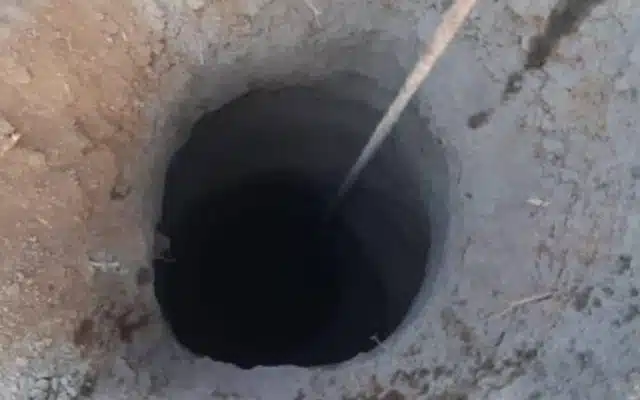Amid scorching temperatures and dwindling rainfall, Bengaluru, India’s tech hub, faces a severe water crisis. Residents, like Bhavani Mani Muthuvel and her family, are grappling with rationing mere buckets of water for their daily needs. Groundwater, once relied upon, is rapidly depleting, leaving thousands at the mercy of expensive water tankers. City officials scramble to manage the situation, but experts warn of worse to come in the sweltering months ahead.
Roots of the Crisis: Bengaluru’s Growing Pains
The water crisis in Bengaluru is not a sudden occurrence but a result of years of unchecked urbanization outpacing water infrastructure development. Shashank Palur, a local hydrologist, underscores the city’s struggle to keep pace with its exploding population. Despite efforts to tap into alternative water sources like the Cauvery River, delays in projects exacerbate the crisis.
Nature’s Role: Climate Change and Urbanization
Factors such as El Nino and reduced rainfall have crippled groundwater recharge efforts, worsening the situation. T.V. Ramachandra, a research scientist, draws parallels with Cape Town’s “day zero” crisis, urging Bengaluru to prioritize conservation efforts like rainwater harvesting and lake rejuvenation.
Residents Adapt Amidst Uncertainty
Facing erratic water supply, residents like S. Prasad resort to drastic measures like water rationing. Despite willingness to pay steep prices, sourcing water remains a challenge, forcing some to contemplate leaving the city temporarily.
Call to Action: Sustainable Solutions Needed
Experts emphasize the urgency of sustainable solutions, including reducing reliance on freshwater through wastewater reuse and prioritizing conservation efforts. Without decisive action, Bengaluru’s water woes are poised to worsen, posing a threat to its residents’ livelihoods and future.




